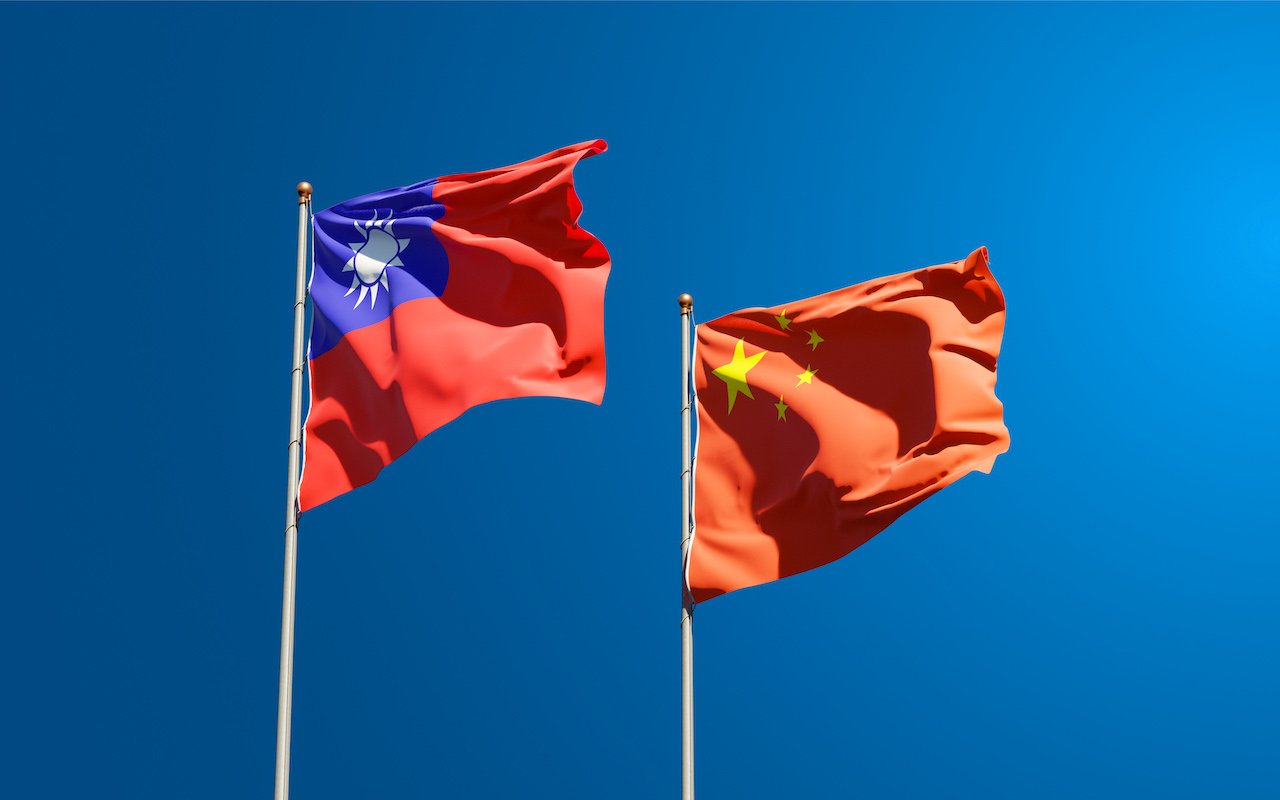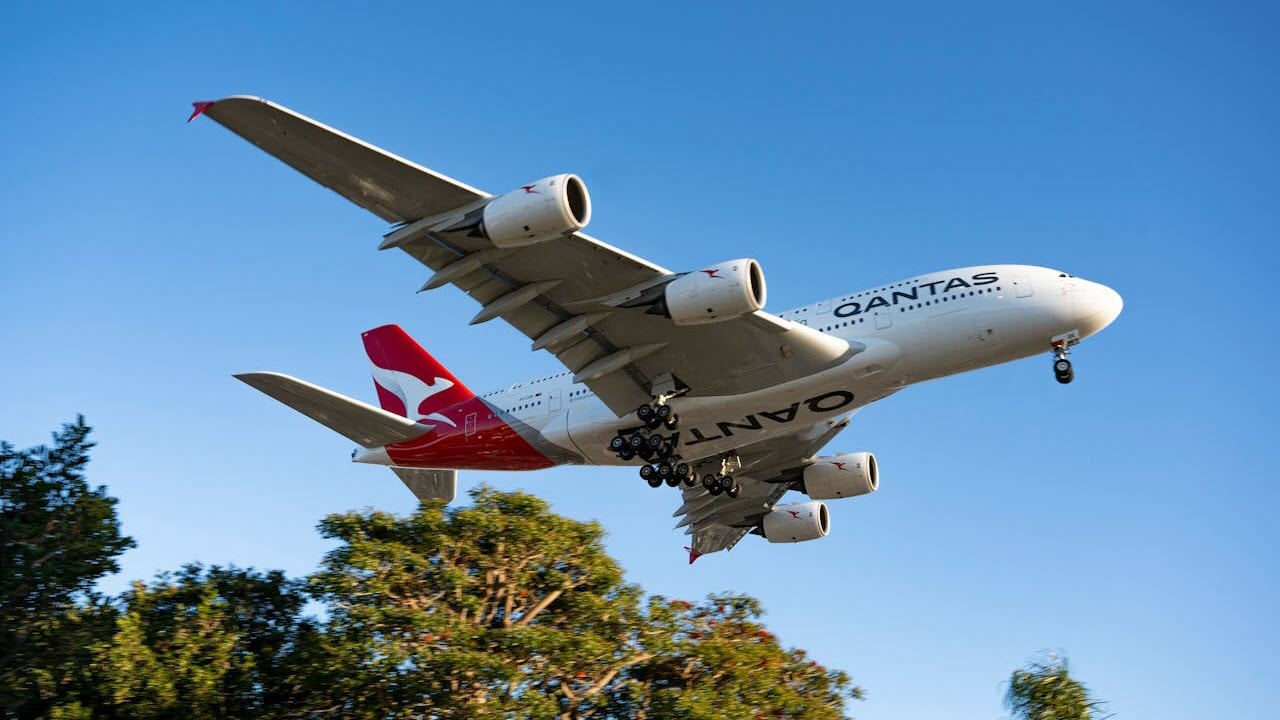Following the heavy fines imposed on Google earlier in October by the Competition Commission of India for anti-competitive practices related to Android devices in the country, Google has now somewhat complied with the new directives by indefinitely extending the deadline for developers to comply with the Play Store’s payment requirements.
These payment rules tweaked in 2020, require app developers wanting to host their apps on the Play Store to use Google’s payment systems which take a 12% cut from in-app purchases. Considering Apple’s small market share in India, enforcing these rules meant a majority of the developers had to play Google’s hand.
The earlier deadline was October 31, however, the combined $276 million in fines seems to have put Google into action. The company has stated that the deadline has been extended due to “unique circumstances with the payments landscape in the country”.

The support document released alongside the announcement claims that the company is reviewing its legal options to ensure that it can “continue to invest in Android and Play”. However, the chances that Google will stop paying attention to Android, Play or any other of its services in India are very small, especially considering Android held a 95.84% market share in 2021.
Alongside the fines, the CCI has also ordered Google to not offer any incentives to manufacturers to set up Google as the default search engine or Google apps as the default apps on their phones in addition to restricting the company from entering certain revenue-sharing agreements with smartphone makers stating that such practices are what helped gained Google dominance and secure exclusivity for its services.
Google’s dominance has become so big that a lot of its apps have become synonymous with the services they follow. While the orders give users free choice going forward, the already large userbase that Google enjoys in the country means that people will in all likelihood continue using its apps and services.
In the News: Twitter Blue will be priced at $8 per month, not $20






